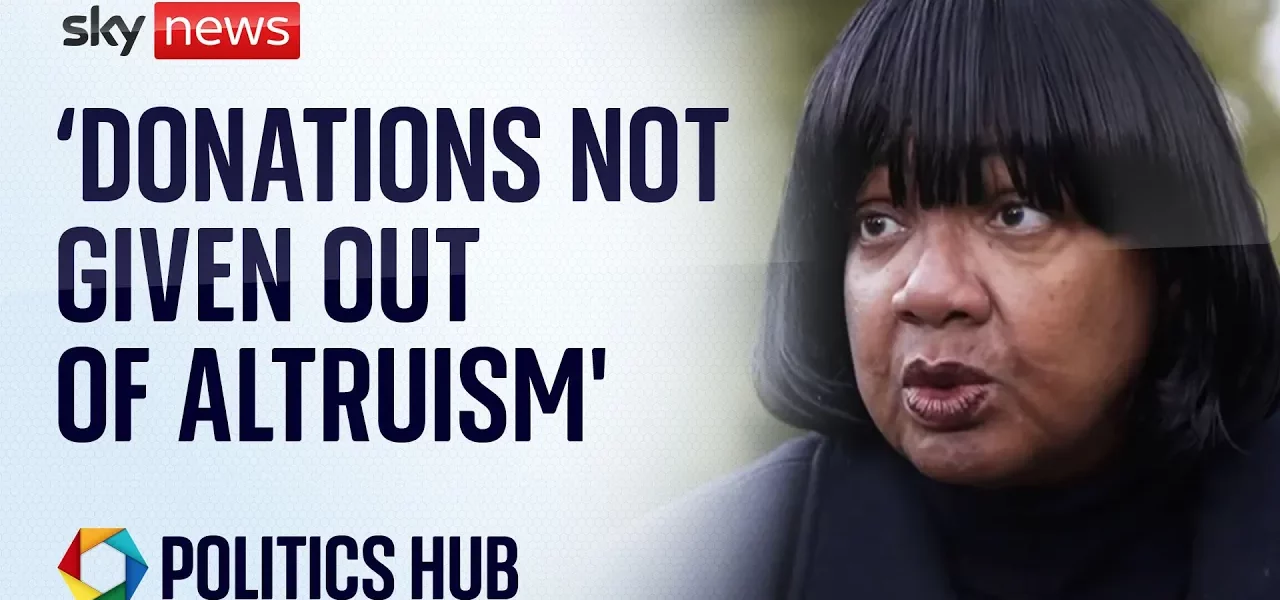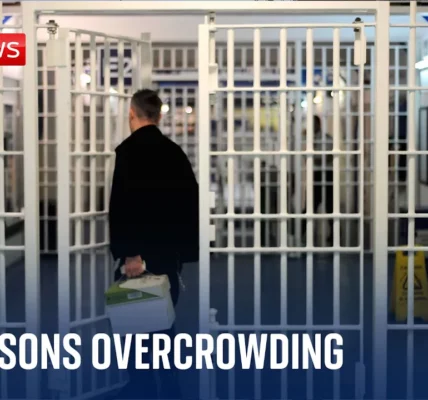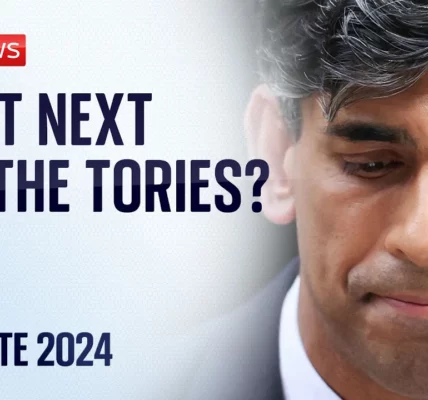Cleaning Up Politics: The Row Over Freebies and Its Implications

This article delves into the ongoing political controversy surrounding K Starma’s acceptance of gifts and the broader implications for political ethics and transparency in the UK. Join us as we explore the need for reform and public accountability in politics.
Introduction
The political landscape in the UK is currently under scrutiny due to the recent controversy involving K Starma, leader of the Labour Party, and his acceptance of gifts during his tenure. This situation not only raises questions about individual conduct but also ignites a broader discussion on the integrity of political systems. As the public demands transparency and accountability, the call for political reform has never been more urgent. This article examines the key elements of this controversy, its implications for K Starma’s leadership, and the overarching need to clean up politics.
The Background of the Controversy
K Starma’s promise to clean up politics was a significant part of his campaign. However, the recent revelations regarding the gifts he accepted have put this promise to the test. The controversy began when it was disclosed that Starma had accepted numerous gifts totaling £6,000, which included:
- Six Taylor Swift concert tickets
- Four tickets to the Doncaster races
- A clothing rental service
- Hair and makeup sessions for his wife, Victoria
These items, now deemed unacceptable, have sparked a debate on ethical standards in politics. The idea that millionaires, who often contribute large sums to political figures, may have ulterior motives has been a focal point of criticism. Diane Abbott, a long-standing MP, voiced concerns that such financial support is rarely altruistic and often results in political favoritism.
The Impact on K Starma’s Leadership
As the scandal unfolds, it is evident that K Starma’s leadership is at a crossroads. While he has committed to repaying the gifts, the damage to his reputation may already be significant. The implications of this scandal on public perception are profound:
- Approval Ratings: Polls indicate a decline in Starma’s approval ratings, with some surveys suggesting he is now less popular than Prime Minister Rishi Sunak.
- Public Trust: The ongoing nature of the controversy risks eroding trust in his leadership and the Labour Party as a whole.
- Future Elections: With a general election on the horizon, the timing could not be worse for Starma, as he faces scrutiny from both the public and his political opponents.
Calls for New Political Ethics
The uproar has led to increased calls for new principles surrounding political conduct. Baroness Harriet Harman has emphasized the necessity for a meeting to establish these new rules. The proposed changes aim to enhance transparency and accountability within political transactions. Key elements of these proposed reforms include:
- Establishing clear guidelines for accepting gifts and donations.
- Appointing a new ethics commissioner to oversee compliance with these guidelines.
- Implementing a transparent reporting system for all gifts received by political figures.
These reforms are essential to restore public faith in the political system and ensure that politicians are held accountable for their actions. The need for a shift in the political culture is evident, and the public’s demand for integrity cannot be overstated.
Conclusion
The ongoing controversy surrounding K Starma’s acceptance of gifts serves as a critical reminder of the importance of ethics in politics. This situation has exposed vulnerabilities within the political system and highlighted the urgent need for reform. As the Labour Party navigates this challenging landscape, it is imperative that they address these issues head-on. The public deserves a political system that prioritizes transparency and accountability. We invite you to join our mission to advocate for political reform and hold our leaders to a higher standard. Together, we can turn the page on the chaos and work towards a cleaner, more trustworthy political environment.
“`




